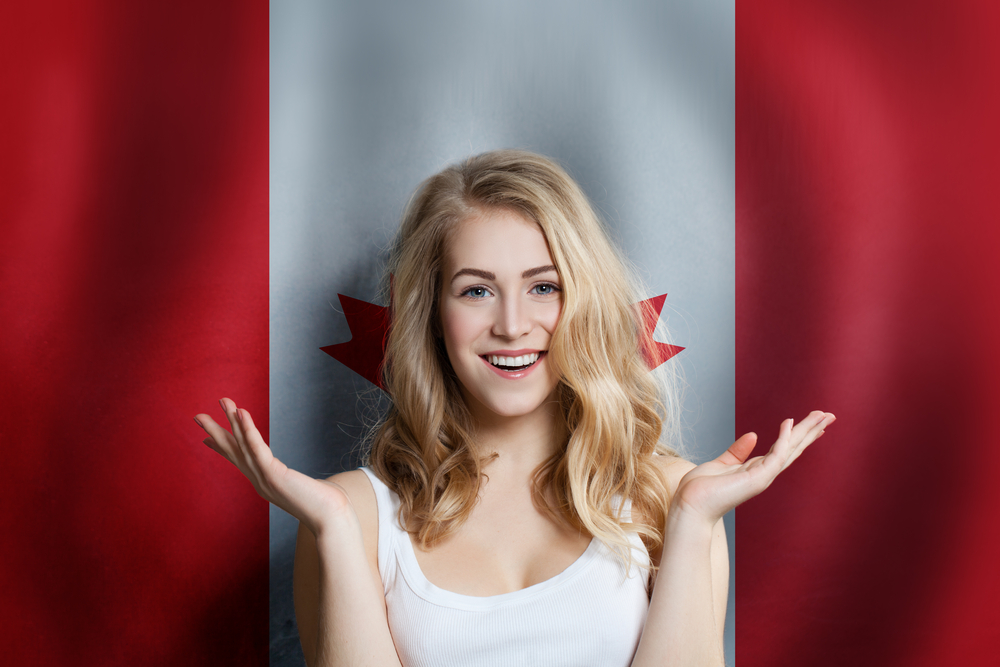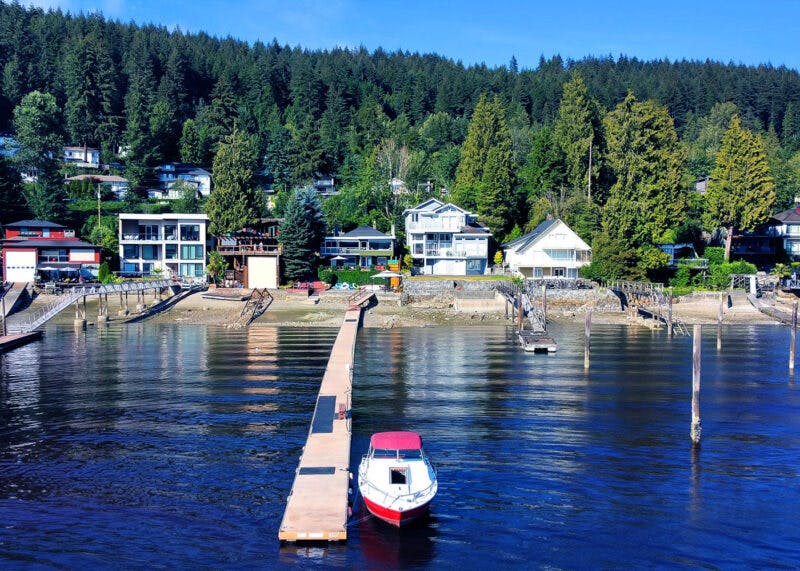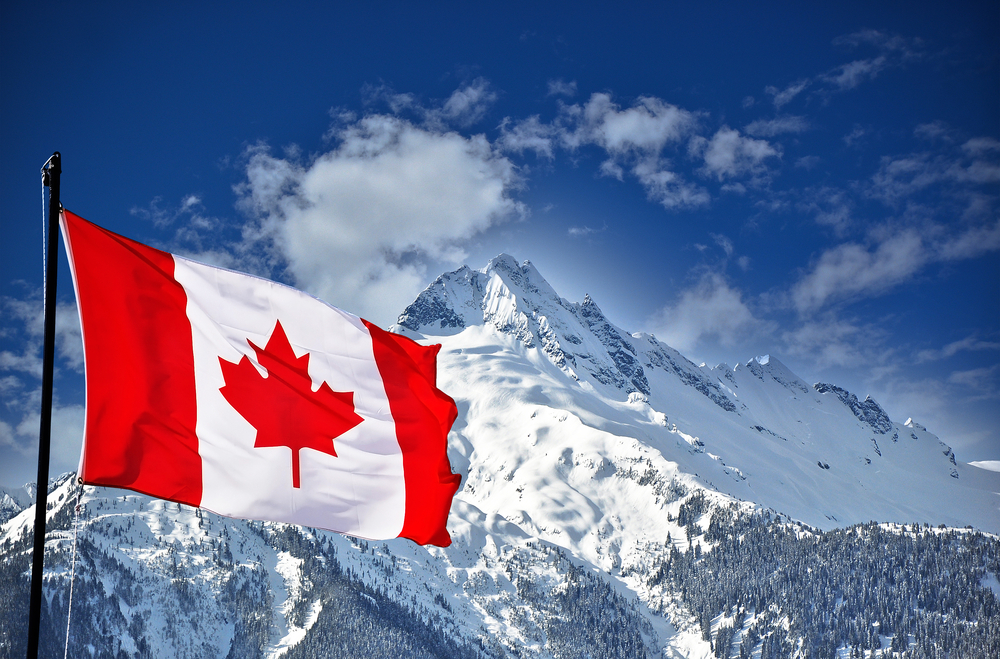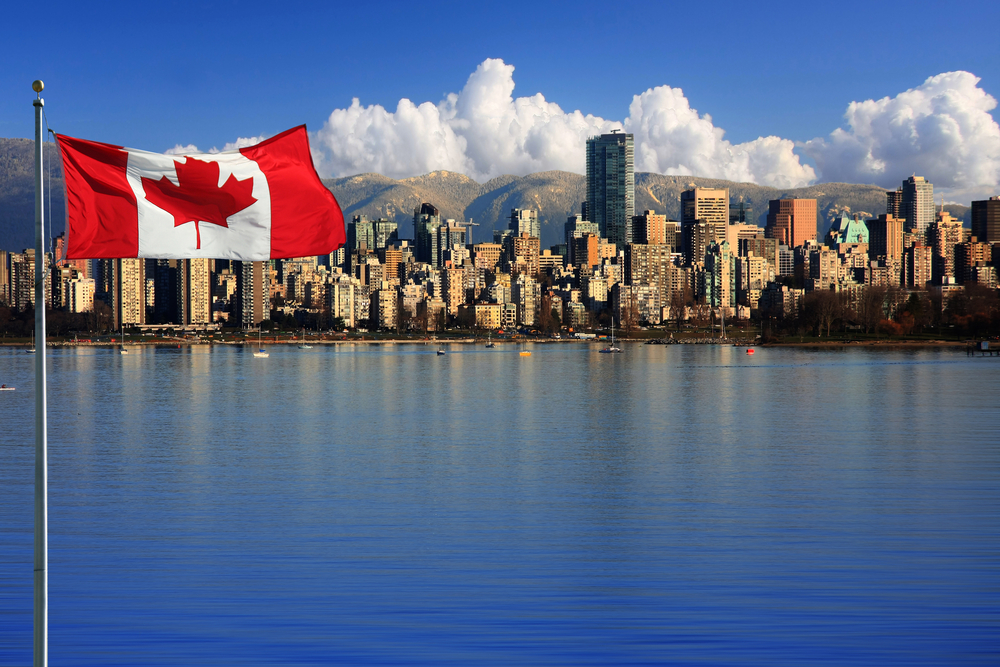
IN CANADA IT IS EASY TO BUILD WORKERS AND LONG MILES. HERE YOU CAN EARN UP TO $ 100 THOUSAND PER YEAR.
In the late 90s, Canada, the wave of immigrants and refugees was higher: people were fleeing from confusion and poverty.
Immigrating to Canada is now more difficult to immigrate than in the 90s. First, now, in order to leave, say, in “free immigration”, you need to score more points. Secondly, many professional immigration programs that made it much easier to leave for Canada ended. And, thirdly, the period for consideration of the immigration dossier has increased: instead of 4-8 months, it can be considered 12-18. As the consuls of the Embassies in Canada explained, this is due to a reduction in the number of immigration officers.
Where are the foreigners waiting?
All the people I interviewed in Canada who live in chorus say: where they are waiting for us is in Alberta. “This is an oil and gas producing province, and now it is developing at a frantic pace, so it requires a lot of labor,” says the consul. “First of all, those who have experience and relevant qualifications in the field of oil and gas production, pipe and “There is also a huge need for service personnel and nurses in Canada. But the demand for programmers and IT specialists has decreased – compared to the 90s, when there was a high demand for these specialties.”
Regarding the standard of living in Canada, Alberta again ranks 1st: here are the highest salaries, but prices are 1.5 times higher than, say, in Ontario-Toronto. Provinces of Ontario, Quebec and British Columbia are considered prosperous: here both salaries are good and prices are normal. But Manitoba, Saskatchewan, Nova Scotia, Newfoundland and Labrador, about. Prince Edward, New Brunswick and the northern territories are considered depressed regions. “True, in my practice there was a case when a family in pursuit of big money moved from Manitoba to Alberta, worked there for six months, and then came back: all the money earned went to life, nothing was saved.”
State help
Canadians call their social security system a “social security system.”
Everyone who has received a residence permit in Canada is subject to a social security system. It is expressed in particular in the fact that if a person is below the poverty line, he can apply for the welfare allowance. Or, if he cannot find a job, then he will be paid for unemployment benefits. “State assistance can be manifested in cash or in subsidized housing (when you pay only 10-20% of the total cost) – The size of the cash benefit depends on each specific situation: in which province a person lives, where and for how long he worked. On average – $ 600-800 per family, you can also come to the Municipal Council and ask for one-time help (about $ 500.) If a person applies for benefits, social workers immediately start looking for work, help to get interviews.
For those who come to Canada, approximately the majority of graduates need retraining. In every province in Canada, there is a body in which Canadian experts consider how closely our specialist training program matches the Canadian program. Sometimes they define the level of training as the level of the 3rd year of a Canadian university. Sometimes a diploma is fully recognized. But you still need to pass qualification exams. And in order to successfully pass them, you need to finish special courses.
How to exit legally
1. Work visa to Canada
A person finds an employer in Canada (usually through relatives, acquaintances) who must obtain permission from the Canadian authorities to hire a foreigner. This is only possible if the Canadian does not apply for this vacancy (and they do not apply mainly for hard work). After receiving this permission, the employer writes a letter to the Canadian Embassy, which stipulates the possibility of concluding a contract with the employee. Then this contract is submitted as a supporting document when obtaining a work visa.
2. Marriage with the Canadian
You need to marry a Canadian or marry a Canadian, come to the country. Then you need to apply for immigration as family members. This can all take 12 months.
3. Program “Selection to Quebec” (selection in Quebec)
This is a Quebec immigration program. Here, the main selection criterion is knowledge of the French language: the better you know it, the more chances you have to get permission to immigrate to Quebec. Increased chances for those who graduated from high school in France or in Belgium.
4. Independent immigration, or professional immigration to Canada
A successful candidate for this class of immigration must document his ability to settle down independently with his family in Canada, that is, become a donor, not a recipient. For this, a special questionnaire has been compiled, by filling in which a person gains a certain number of points. Got enough – welcome to Canada. The main criteria are professional suitability (the profession must be on the official NOC list (National Occupation Category) and meet the skill level Skill Type 0, Skill Level A or Skill Level B at the time you apply), health status, knowledge of English or French, availability higher education, invitation of Canadian employers, family (family people are considered the most risk-free category, because it is difficult to imagine the head of the family who will sit on the neck of the state). In addition, depending on the number of family members, the amount that should be in your account is determined.
5. Business immigration to Canada
Suitable for those who are willing to invest in the Canadian economy $ 800,000 or open a business there.
6. Family Immigration to Canada, or Sponsorship
Any resident of Canada has the right to sponsor their close relatives (wife, husband, child, parents) so that they receive an immigrant visa to Canada. The essence of sponsorship is that you promise to financially support your relative in Canada, as he cannot claim any benefits from the state.
How else can I come
Some buy, say, a tourist visa and at the airport they say they are refugees. To give such a status, you must go through court. And on it you need to prove that you are really being persecuted. With well-chosen arguments, the professional work of lawyers, many people really succeed.
How do illegal immigrants arrive
As a rule, illegal immigrants enter Canada legally – on a guest or tourist visa. And then they simply exceed the period of their stay in the country.
In either case, an illegal immigrant dooms himself to an unenviable fate: cheap and hard work, constant fear that you will be deported from the country, and the absence of any benefits. The worst thing is the lack of health insurance. For immigrants, medicine is almost all free. If an illegal immigrant gets to the hospital, he will not get off with only a huge bill. He is immediately deported from the country. There are no amnesties for illegal immigrants in Canada. But there is still a way to legalize in the country.






